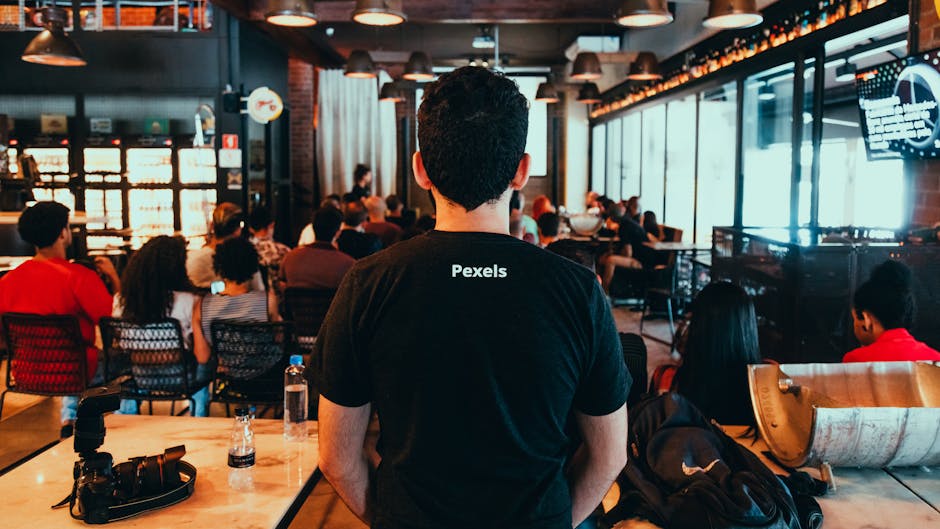Trump Administration Defends $100K H-1B Fee Amid Fraud Allegations
The Trump administration is preparing for a legal battle over its contentious $100,000 fee for select H-1B visa applications, claiming the system is riddled with fraud. The rule, aimed at companies with a majority foreign workforce, has sparked backlash from tech giants, Indian IT firms, and business groups who argue it unfairly targets skilled professionals and stifles innovation.
Why the $100,000 Fee? Crackdown on H-1B Abuse
The Department of Homeland Security (DHS) alleges that the H-1B visa system is being “spammed with fraud,” particularly by consultancy firms that submit multiple applications for the same candidate to exploit the lottery system. The new fee—part of a 2023 rule—targets companies with:
- 50+ employees
- 50%+ workforce on H-1B/L-1 visas
These firms must pay:
– $4,500 per visa extension
– $100,000 per new H-1B petition
Indian IT firms, which rely heavily on H-1B workers, are expected to bear the brunt of these costs.
Tech Industry and Advocacy Groups Fight Back
Major corporations like Google and Microsoft have largely avoided the fee due to their predominantly U.S. workforces. However, trade groups, including the U.S. Chamber of Commerce, have sued, calling the rule “arbitrary” and accusing the administration of bypassing standard regulatory procedures.
“We support anti-fraud measures, but this fee is a blunt instrument that harms legitimate businesses,” said an IT Industry Council (ITI) spokesperson.
Impact on Indian Workers and IT Firms
Indian nationals hold 70% of H-1B visas, and firms like TCS, Infosys, and Wipro could face steep costs. Some may:
– Absorb the fees (raising project costs)
– Shift jobs overseas (reducing U.S. opportunities)
– Explore alternatives (e.g., Canada/Europe)
“The U.S. risks losing top talent with such policies,” warned an immigration attorney.
Legal Showdown: What’s at Stake?
The Justice Department will argue the fee is necessary to protect American jobs, while opponents say it disrupts the talent pipeline. The case could influence future H-1B reforms under Biden.
What’s Next for H-1B Applicants?
If upheld, the rule could reshape high-skilled immigration, forcing companies to reduce dependency on foreign workers. The core debate remains: Is this fee a fraud deterrent or an innovation barrier?
Follow NextMinuteNews for updates.




